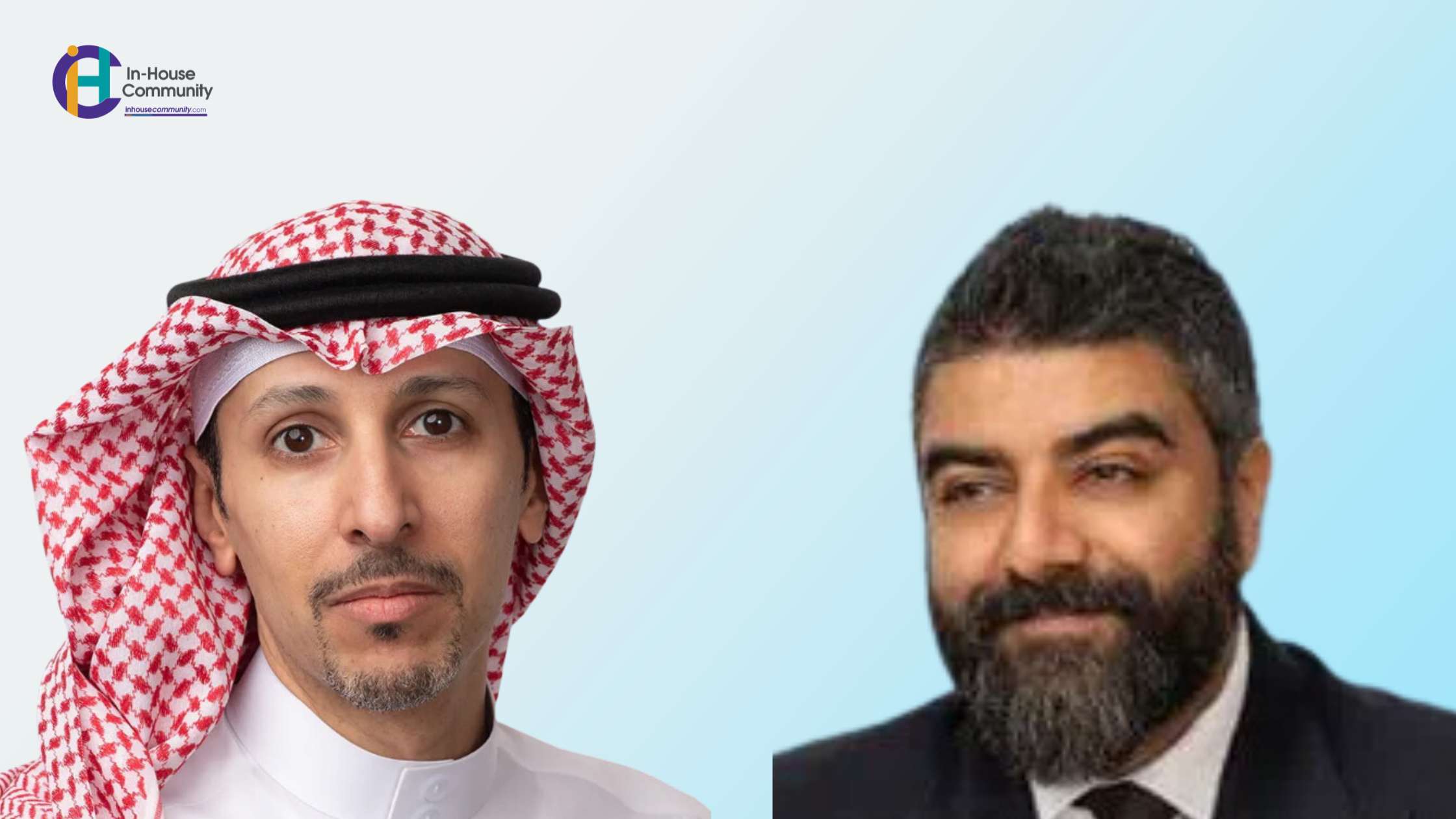 The UAE came into being in 1971. The self-taught local entrepreneur who set up shop selling just one product or service in those early days when he was in his 20s has now turned 70. His family has grown. His children and grandchildren are GenXers and millennials. The inevitable transition and handing over the reins of the business to the next generation has begun.The challenges faced by family businesses in the Middle East are different to those of their counterparts in other parts of the world, but they are also similar in so many ways. While a Gen 4 family business in the Middle East may grapple with cultural sensitivities and the sheer number of family members involved (or not involved) in the business and the consequent number of divergent views and perspectives, it also faces, much like a Gen 4 family business in the west, the challenge of keeping NextGen engaged in the business and determining who is ultimately best suited to carry the legacy of the founder. The founder who seeks to retain as much power and control over day to day activities of the business, until the inevitable happens, does himself and his family no favours. While there is no one who better understands the business, the struggles and the opportunities, a process of smooth handover to NextGen (or those who are deemed capable to take over) has to be undertaken sooner rather than later. The vision of the founder, whether that is to expand, divest or take the business to the market, has to be shared and appropriate steps taken for the family to decide, collectively, the way forward. The phase of ‘living the legacy’ while the founder is alive and able to support NextGen is essential. So what about NextGen? What of their aspirations, desires, needs, wants? Recent reports1 reveal interesting statistics relating to NextGen the world over: a staggering 88 percent of NextGen “want to leave their stamp and do something special with the business”, while 52 percent “are worried that they will need to spend time managing family politics”. In this ever-evolving world where information is communicated in seconds and your worth is determined by the number of ‘likes’ on a social media platform, what is required to create a bridge between the baby boomers and NextGen, and have a meeting of the minds? Is it even possible for a millennial to understand the struggles, frustrations and accomplishments of the world in which their grandparents lived, worked, survived and thrived? The reality is that every family is different. Each family has different values, different ideologies and different ways of doing things. While there may be NextGens who follow closely in the founder’s footsteps, there may be others who do not have the same sensibilities as the founder of the business; they may not be at their desk at 7 am, and meticulously go through their ‘to do’ list, but they may have a fantastic network of contacts at the tip of their fingers who, with one ‘tweet’ or status update, they can tap into, from anywhere in the world, and achieve the same result. The sooner that conversations with NextGen take place, the better it is for the family and the business. The potential contribution of NextGen may not be apparent to the founder, and those conversations should be aimed at uncovering skill sets, mindsets and visions of NextGen that have been formed by exposure to the communication-heavy, digital-based, ‘blink and you miss it’, world. The value in coaching NextGen and letting them make their mistakes, whilst providing constructive feedback, should also not be underestimated. There is a real and urgent need for each generation involved in family businesses in the Middle East to discuss and implement viable, flexible structures that support the family, during the transition phase and beyond, highlight risks and threats and encourage frequent dialogue among stakeholders. The families that are cognizant and take swift action will be positioned to face the challenges that lie in the years ahead. This however requires commitment, both in time and effort, and a willingness to listen. Without these essentials, any plan or structure becomes more worth less than the paper on which it is written. We regularly advise families on these and other succession planning-related matters, and are adept at assessing current strategy and identifying legal routes while creating a tailored model for the family. For further information, please contact us. ––––––––––––– |
United Arab Emirates
Latest Updates
Related Articles
Related Articles by Jurisdiction
Clyde & Co's Middle East Deal Study 2015
Law firm Clyde & Co recently published its second Middle East Deal Study. Based on the firm's analysis of data from M&A and JV transactions on which they worked in the region over the last 18 ...
Latest Articles













